Football. Soccer. Two words for one beloved global sport. But why is the game called “football” in almost every part of the world, yet “soccer” in the United States and a few other regions? To answer that, we have to dive deep into the sport’s origins, the evolution of language, and the cultural forces that have shaped how we refer to the world’s most popular game.
The Origins: Medieval Games and Chaos
The game we now call football has ancient roots, with versions played in Ancient China (Cuju), Japan (Kemari), Greece (Episkyros), and Rome (Harpastum). But the direct ancestor of modern football emerged in England during the Middle Ages.
Back then, there were no fixed rules. Whole towns would compete against each other in chaotic contests, sometimes with hundreds of players, using an inflated pig’s bladder as a ball. These early versions were violent, unregulated, and varied widely from one village to another. Players could use their feet, hands, or even weapons. There were minimal boundaries and often no defined goals.
As the British Empire expanded, it spread these rough and wild versions of the game across the globe, which eventually laid the foundation for several different codes of football.

The Birth of Rules: Cambridge, Rugby, and the Football Association
In the 19th century, the rise of public schools in England created a need for structure. Schools like Eton, Harrow, and Rugby developed their own versions of the game, but it wasn’t until 1848 that the first standardized rules were written at Cambridge University.
Then, in 1863, a group of clubs and schools formed the Football Association (FA) in London, establishing the first unified rules for the game, which banned the use of hands. This codified version became known as Association Football.
But not everyone agreed with the FA’s rules. The players at Rugby School continued to use their hands, and their game evolved into what is now known as Rugby Football. Eventually, this would split further into Rugby League and Rugby Union.
Thus, two separate sports emerged: Rugby Football and Association Football. And this is where the term “soccer” first appears.
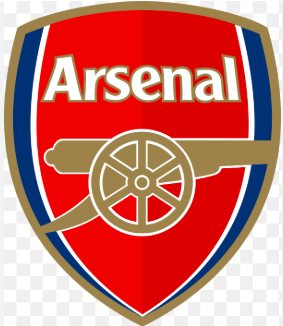
The Word “Soccer” Is Born – In England
The term “soccer” actually originated in England in the late 19th century. It was a common practice among Oxford students to add “-er” to abbreviations. For example, “rugby” became “rugger,” and “association” (as in Association Football) became “assoccer”—which was eventually shortened to just “soccer.”
So yes, the word “soccer” is British in origin. It was a nickname for Association Football, created to distinguish it from Rugby Football. The British used both terms interchangeably for decades.
It wasn’t until the mid-20th century that the term “soccer” fell out of favor in the UK, while it persisted and became dominant in other countries—most notably in the United States.
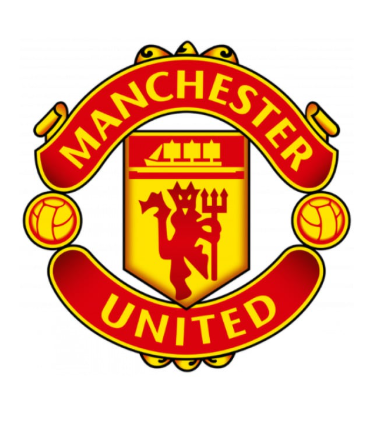
Why the U.S. Chose “Soccer”
When football arrived in America in the late 1800s, a new sport was also taking shape: American Football. Rooted in Rugby, American Football adopted a new set of rules in the 1870s under Walter Camp, evolving into a game of its own.
To avoid confusion between American Football and Association Football, Americans began to refer to the latter as “soccer”—using the British nickname.
Thus, in the U.S., “football” came to mean the game played with helmets and touchdowns, while “soccer” referred to the global sport played with a round ball and goals.
Canada and a few other countries followed suit due to the strong influence of American media, culture, and sports systems.
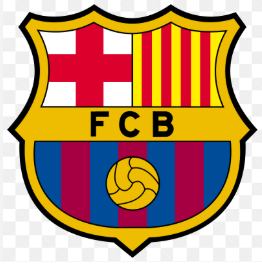
Football Takes Over the World
As the 20th century progressed, Association Football exploded in popularity worldwide. FIFA (Fédération Internationale de Football Association) was founded in 1904, uniting football-playing nations under a single governing body.
By the time of the first FIFA World Cup in 1930, football had already become the dominant sport in Europe, South America, and parts of Africa and Asia. The World Cup helped cement football’s status as the global game.
The sport’s simplicity—it requires minimal equipment and can be played almost anywhere—made it accessible across all socioeconomic classes and cultures.
From the beaches of Brazil to the streets of London, the mountains of Nepal to the plains of Nigeria, football became more than just a game. It became identity, pride, and passion.
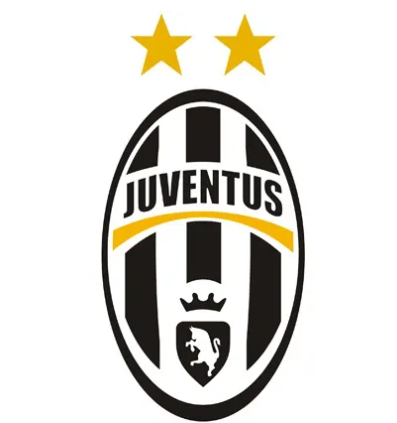
A Cultural Divide
Despite its British origins, the term “soccer” began to feel foreign in the UK by the 1980s. British fans increasingly saw “soccer” as an Americanism and began to reject the term.
In contrast, in the U.S., the rise of professional soccer leagues (NASL in the 1970s, and MLS in the 1990s) and America’s participation in international competitions reinforced the term “soccer” domestically.
Today, Americans largely continue to call it soccer, while most of the world refers to it as football. However, the sport’s essence remains the same regardless of the name: 11 players, one ball, one beautiful game.
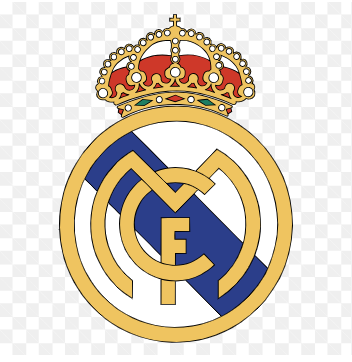
Football as a European Invention
While its roots are ancient and global, the modern game of football is undeniably a European creation—especially English. The rules, structure, and early professional leagues all originated in the UK.
In the late 19th and early 20th centuries, European clubs, national associations, and FIFA worked together to codify international play. Legendary clubs like Real Madrid, FC Barcelona, Juventus, AC Milan, Bayern Munich, and Manchester United built rich histories and passionate fanbases.
The UEFA Champions League became one of the most prestigious tournaments in the world. European coaches, strategies, and playing styles shaped global football.
European football also gave birth to countless cultural traditions: ultras, chants, derby rivalries, and youth academies. And yet, the European model has spread and evolved, with South American, African, and Asian styles influencing the game in return.
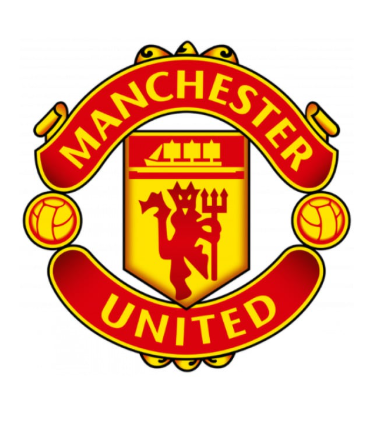
Women’s Football: A Modern Revolution
While men’s football dominated the early history of the sport, women’s football has seen explosive growth in the 21st century.
The first FIFA Women’s World Cup was held in 1991, and since then, the women’s game has expanded rapidly in Europe, North America, and beyond. Nations like the U.S., Germany, Norway, and Japan have been pioneers, and women’s leagues in England, Spain, and France are growing fast.
Women’s football not only challenges old gender norms but also introduces new fans to the game’s inclusive potential.
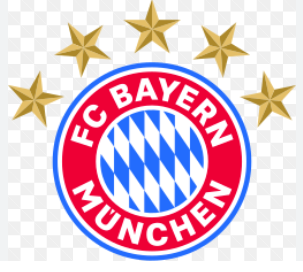
The Modern Game: Global Unity, Local Passion
Whether you call it football or soccer, the sport today is a global language. The Premier League, La Liga, Bundesliga, Serie A, and Ligue 1 dominate screens worldwide. The World Cup draws billions of viewers every four years.
Messi and Ronaldo are global icons. Young kids in every corner of the world imitate their moves. From street tournaments to professional stadiums, football unites people in a way few things can.
And the debate over “football” vs. “soccer”? It’s mostly a linguistic quirk—fueled by history, geography, and a bit of cultural pride.
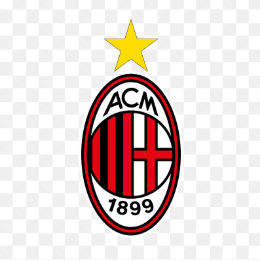
Final Thoughts: My Personal Take
As someone who grew up calling it “football,” I’ve always found it strange to hear it called “soccer.” But now I understand it better. It’s not about one being right or wrong—it’s about context. And the fact that this one sport has multiple names around the world only proves its universality.
Football is more than a game. It’s a passport, a bridge, a battlefield, and a classroom. It’s joy and heartbreak. It’s tradition and revolution.
Call it what you want. Just play it. Watch it. Love it.
Because in the end, it’s still the beautiful game.
⚽️ Represent Your Club in Style
Whether you’re cheering from the stands or repping your team on the streets, nothing beats the pride of wearing your favorite club’s jersey. From iconic European powerhouses to fresh 2024–25 designs, these official kits are a must-have for true football fans. Tap your team and gear up like a pro:
- 🔴 Olympique de Marseille – PUMA Home Jersey
- ❤️ Arsenal – Adidas Men’s Soccer Jersey
- 🔵🔴 FC Barcelona – Home Shirt
- ⚪️ Real Madrid – Adidas Performance Jersey
- 🔴⚫️ Manchester United – Adidas Jersey
- 🔴⚪️ Bayern Munich 2024–25 – Adidas Jersey
- ⚫️⚪️ Juventus 2024–25 – Adidas Jersey
- 🔴⚫️ AC Milan – PUMA Home Jersey
🛒 Tap your favorite above and show the world who you support this season!
